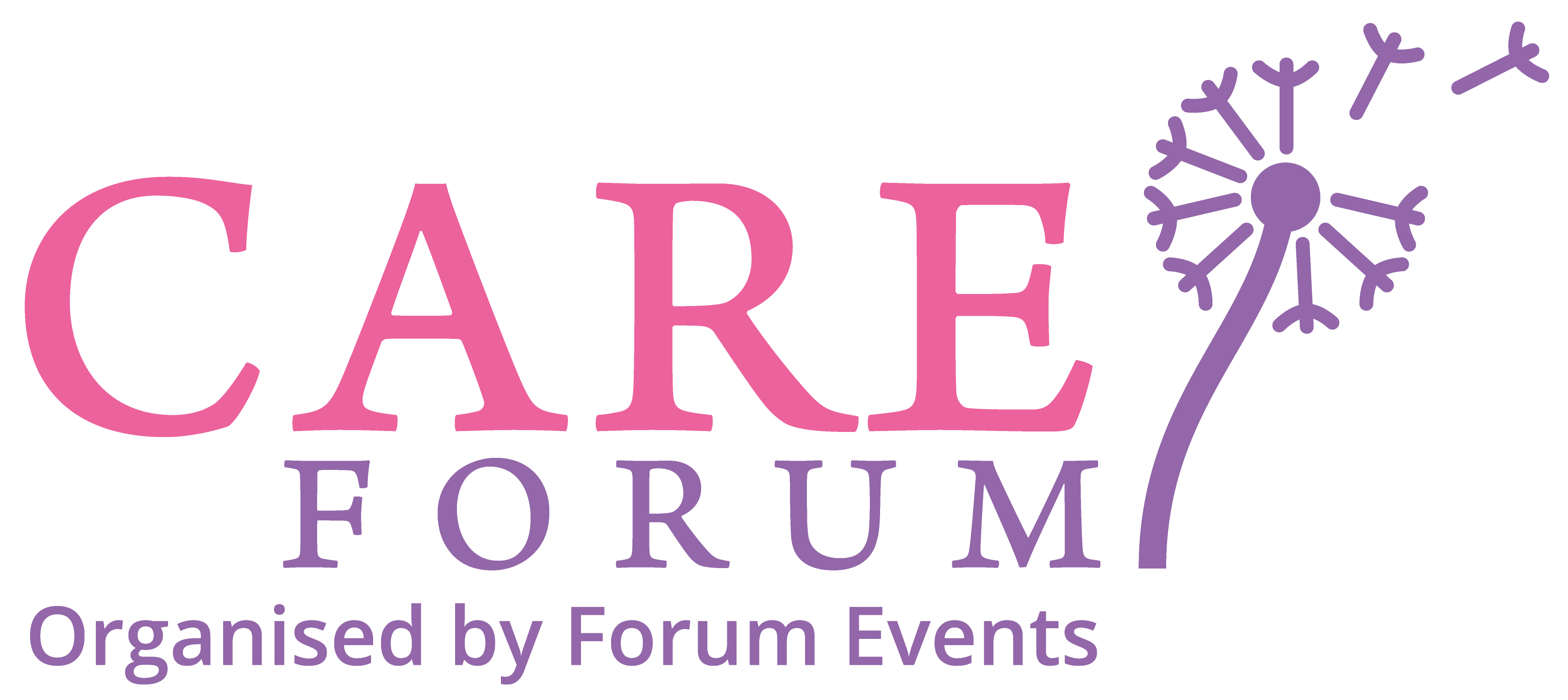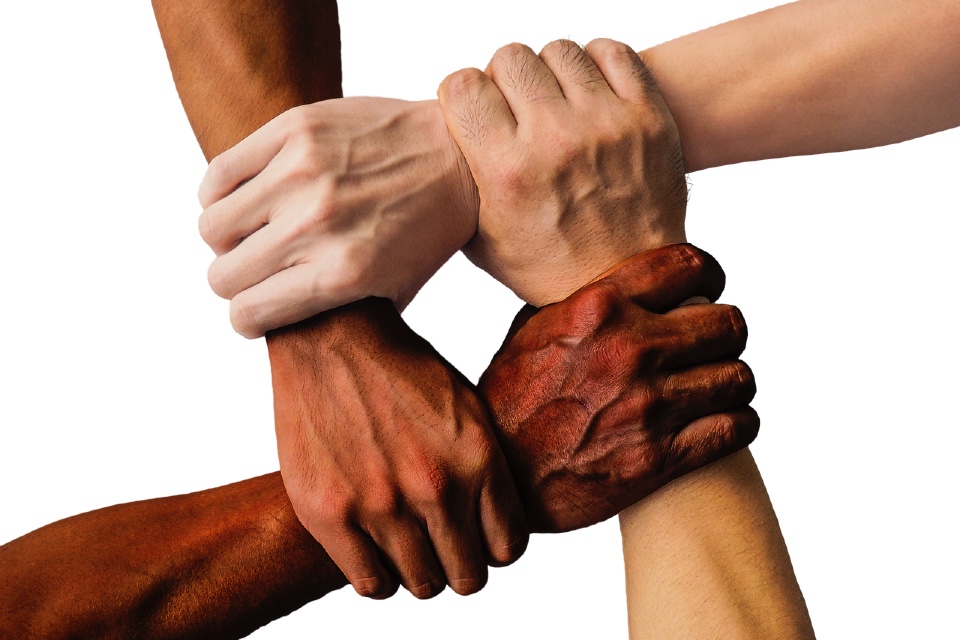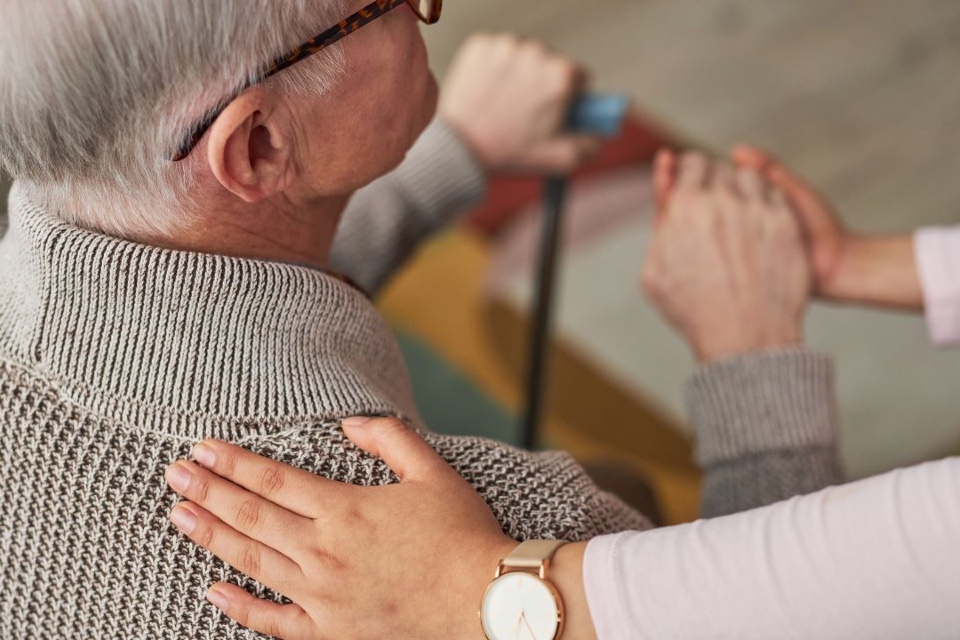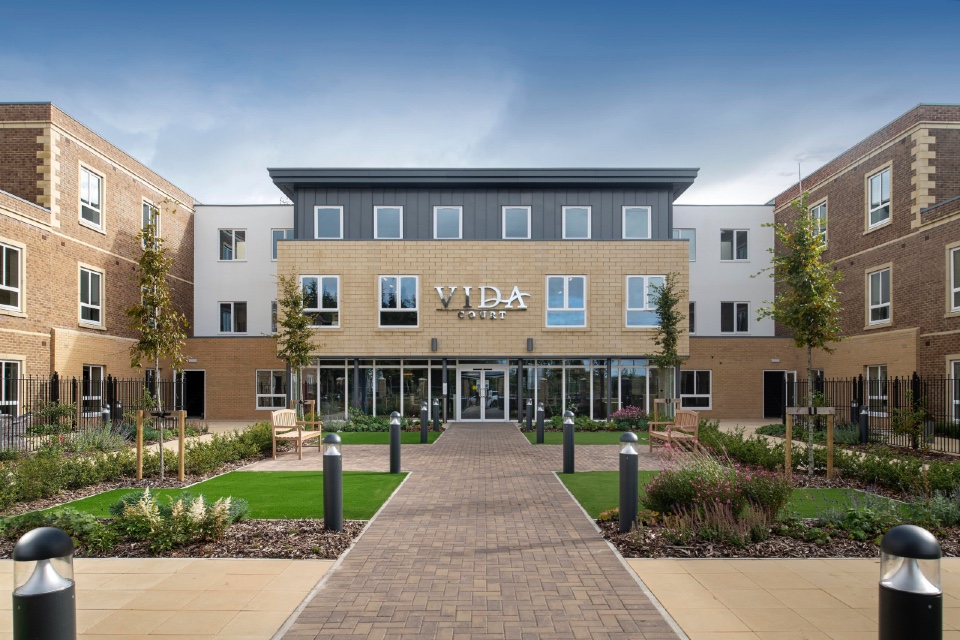The number of nurses, midwives and nursing associates on the Nursing & Midwifery Council (NMC) register has grown by nearly two percent to a record 771,445.
The NMC’s latest report show this growth is being driven in large part by the number of internationally educated joiners, which continues to rise at a much faster rate than UK joiners.
A total of 11,496 international professionals joined the NMC register for the first time between April and September. That’s 4.9 percent more than in the same period last year (10,961) and nearly four times more than in the six months to September 2018 (3,208).
Meanwhile, the number of UK educated professionals joining the register remains slightly higher, at 12,102 between April and September. However, this is a drop compared to the same period in 2021 (13,002) and represents only a 9 percent increase compared to the six months to September 2018 (11,103). Of these UK joiners, 23.6 percent are from Black, Asian and minority ethnic backgrounds, compared to 18.9 percent in the six months to September 2018.
With more international professionals joining the register, and with UK joiners becoming more ethnically diverse, the ethnic profile of the NMC register is changing. The overall proportion of registered nurses, midwives and nursing associates from Black, Asian and minority ethnic backgrounds is now 26 percent – that’s 1.3 percent higher than in April this year, and 7 percent higher than in 2018.
An NMC research programme called Ambitious for Change has found that nursing and midwifery professionals have different experiences of the regulator’s processes depending on their protected characteristics. Most of the professionals the NMC spoke to for its research said they felt one or more of their diversity characteristics played a part in their referral from their employer. They also said an ‘insider/outsider’ culture left them feeling unsupported.
The changing profile of the register and the findings of the NMC’s research mean it is even more important for employers to be sensitive to the needs of different groups and provide appropriate, tailored support to help them succeed.
Andrea Sutcliffe, NMC Chief Executive and Registrar, said: “At a time of great pressure across health and social care in the UK, we welcome the growth of our register. As we face a very busy and challenging winter this may be a particularly anxious time for almost 24,000 professionals who have joined the register since April, nearly half of whom have come from outside the UK.
“That’s why it’s vital for the increasingly diverse professionals joining the nursing and midwifery workforce to be welcomed into an inclusive culture that supports them to thrive. It’s so important for employers to deliver tailored programmes to introduce new nurses, midwives and nursing associates into their teams, and help them grow in confidence. These ‘preceptorship’ programmes are essential for new professionals to flourish so they can provide the safe, kind, effective care the public need.
“Going forward, it’s also essential for all employers and agencies in health and social care to follow the Department of Health and Social Care’s code of practice on ethical recruitment. While active recruitment isn’t permitted from ‘red list’ countries, there are two, Nigeria and Ghana, in the ten most common countries of training for international professionals joining our register.*
“All international joiners make a welcome and valuable contribution to our nation’s health and wellbeing, and those who come must be fully supported. But it’s essential the UK doesn’t exacerbate workforce shortages and put health systems in other countries at further risk in seeking to address rising demand for health and care services here.”






